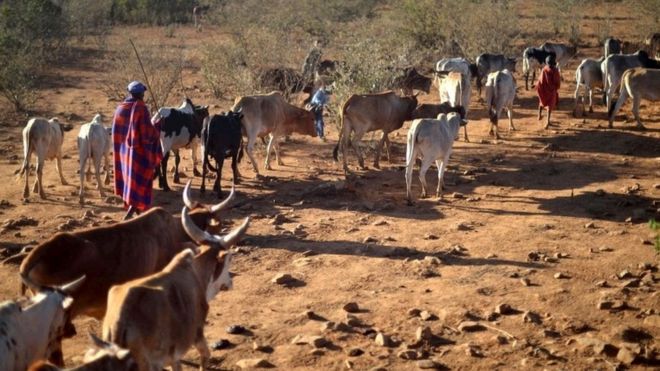By Sarah Lafen
Impunity Watch Desk Reporter, Europe
MADRID, Spain — On February 17, about 700 migrants stormed an 8 kilometer long, 6 meter high barbed-wire security fence separating Morocco from Ceuta, which is a Spanish territory in North Africa. Security cameras filming the incident showed some migrants breaking through the fence using wielding shears and clubs.

498 migrants successfully made it onto Spanish territory. Those that successfully scale the fence are usually taken to migrant centers where they are repatriated or released, with the majority choosing to seek asylum or work undocumented in Europe. Those that are intercepted before making it onto Spanish territory are usually returned to Morocco.
Two migrants were hospitalized as a result of the invasion, 30 were treated at a migrant center for fractures and other injuries, 10 members of Morocco’s armed forces were injured, and 11 police officers were injured. In the video footage, some migrants can be seen with blood on their faces.
The border invasion was one of the largest since the fence was built in 2005. According to an unidentified Civil Guard spokesman, police officers clashed with the migrants at the Tarajal section of the fence. The last similar attempt took place on New Year’s Day 2017, when over 1,000 migrants attempted to jump a fence between Morocco and Ceuta. Only two of those migrants were successful in reaching the Spanish territory, however both required hospital treatment. Other recent successful attempts were made by 400 migrants in December, and by 200 migrants in October.
The video footage of the invasion captured migrants celebrating their arrival onto Spanish territory. Some screamed “Libertad, libertad!” while others wrapped themselves in Spanish and European flags. One migrant was heard shouting “I love you Mamma, long live Spain.”
Hundreds of migrants regularly attempt to enter Ceuta via climbing the fence, swimming along the coast, or hiding in vehicles. Many consider reaching the Spanish territory as safer than attempting to cross the Mediterranean Sea. These migrants are hopeful in eventually reaching Europe and fleeing poverty and violence. The migrant center in Ceuta has recently been struggling to host over 600 migrants, and has been using military tents as makeshift shelters for migrants in nearby parking lots.
For more information, please see:
BBC — Hundreds of Migrants Storm Fence to Reach Spanish Enclave of Ceuta — 17 February 2017
DW — Hundreds of Migrants Storm Spain’s Ceuta, Clashing with Police — 17 February 2017
The Local — Hundreds of Migrants Storm Fence to Enter Spain from Morocco — 17 February 2017
The Washington Post — Almost 500 Migrants Smash Through Border Fence into Spain — 17 February 2017



